SOLAR PANEL & GENERATOR BACKUP POWER - AUSTIN, TX
SOLAR PANEL & GENERATOR BACKUP POWER - AUSTIN, TX
Protect your home, business, and lifestyle with the ultimate solar backup power supply system. With batteries and generators, you can ensure that your energy needs are always met - even during a power outage. Keeping the power on has many benefits - from preventing disruption to productivity levels and protecting perishable food items from spoiling to avoiding costly repairs due to frozen pipes or flooded rooms.
Protect your home, business, and lifestyle with the ultimate solar backup power supply system. With batteries and generators, you can ensure that your energy needs are always met - even during a power outage. Keeping the power on has many benefits - from preventing disruption to productivity levels and protecting perishable food items from spoiling to avoiding costly repairs due to frozen pipes or flooded rooms.
// GENERATOR FOR SOLAR BACKUP
OUR EFFICIENT SOLUTIONS
With some of the best installers in the business, now over 150K+ homes, we have you covered through and through.
BACK UP POWER EXPLAINED
A Backup Power system is designed to provide power to your home during outages. It works by connecting to electricity sources, such as solar panels and the electric grid, to store excess energy and release it when needed.
The most common sources of backup power are generators or batteries. Modern solar batteries are advanced energy management systems that can optimize your home's energy usage, allowing you to take advantage of utility time-of-use plans and even charge your electric car with solar power.
A Backup Power system is designed to provide power to your home during outages. It works by connecting to electricity sources, such as solar panels and the electric grid, to store excess energy and release it when needed.
The most common sources of backup power are generators or batteries. Modern solar batteries are advanced energy management systems that can optimize your home's energy usage, allowing you to take advantage of utility time-of-use plans and even charge your electric car with solar power.
SHOULD I GET A GENERATOR OR BATTERY?
When considering a Backup Power solution, homeowners have the option of choosing between a generator or a battery. Generators are powered by fossil fuels such as gas or propane and are typically used as a backup power source during power outages. They are a reliable and effective solution, but they can be loud and require regular maintenance.
On the other hand, batteries are powered by electricity and store excess energy generated by solar panels for later use. They are a more eco-friendly option, and they can be used in conjunction with the electric grid. They are also more convenient, as they are typically quieter, require less maintenance and can be controlled remotely.
The choice between a generator and a battery depends on your specific needs and preferences. There are new solutions for generators that we recommend.
If you'd like more guidance, feel free to book a free consultation and we will get to work for you!
When considering a Backup Power solution, homeowners have the option of choosing between a generator or a battery. Generators are powered by fossil fuels such as gas or propane and are typically used as a backup power source during power outages. They are a reliable and effective solution, but they can be loud and require regular maintenance.
On the other hand, batteries are powered by electricity and store excess energy generated by solar panels for later use. They are a more eco-friendly option, and they can be used in conjunction with the electric grid. They are also more convenient, as they are typically quieter, require less maintenance and can be controlled remotely.
The choice between a generator and a battery depends on your specific needs and preferences. There are new solutions for generators that we recommend.
If you'd like more guidance, feel free to book a free consultation and we will get to work for you!
SOLAR PANEL WITH BATTERY BACKUP
THE TESLA POWERWALL BATTERY
SOLAR PANEL WITH BATTERY BACKUP
THE TESLA POWERWALL BATTERY
The Tesla Powerwall is a rechargeable lithium-ion battery that stores energy generated by solar panels for later use. It is designed to provide backup power during outages, and it can also be used to reduce the homeowner's reliance on the electric grid.
The Powerwall is equipped with a number of advanced features, including a built-in inverter, which allows for seamless integration with a solar panel system. It also has a sophisticated energy management system that can optimize energy usage in the home to take advantage of utility time-of-use plans.
The Powerwall has a sleek and compact design, making it a visually appealing option for homeowners. It is equipped with a mobile app that allows homeowners to monitor the performance of their system, check energy usage, and receive alerts if there are any issues.
The Powerwall is also designed to be expandable, allowing homeowners to add additional units as their energy needs grow. The Powerwall has a usable capacity of 13.5 kWh, making it a great option for homes looking to reduce their dependence on the grid and store energy for later use.


JOIN US

100
TREES PLANTED PER HOME INSTALLED

// TEXAS BACK UP GENERATOR & BACKUP BATTER SOLUTIONS WITH COOL SOLAR
THE KOHLER GENERATOR
The Kohler Generator is a backup power solution that provides reliable electricity during power outages. It's a type of generator, also known as standby generator, that runs on liquid propane (LP) or natural gas (NG), depending on the model. These generators are designed to automatically kick in within seconds of a power outage, providing the homeowner with uninterrupted electricity. They are also equipped with automatic transfer switches that seamlessly switch between the generator and the electric grid, ensuring that the power never goes out.
Kohler generators are available in a variety of sizes, from small portable units to large, industrial-grade systems. They are designed to be durable and long-lasting, with regular maintenance recommended to ensure optimal performance. They also have a number of advanced features such as remote monitoring, automatic load management, and self-diagnostics, to name a few. The Kohler generator's control panel is easy to use, allowing homeowners to monitor the generator's performance and make adjustments as needed. They are also designed to be easy to install and can be integrated seamlessly with other home systems, including solar panels. Overall, The Kohler Generator is a highly reliable and efficient solution for homeowners looking for a backup power source.
Regenerate response
// JOIN THE MOVEMENT
4 STEPS TO CREATING A SUSTAINABLE FUTURE
01...

Take the savings calculator to review how many fossil fuels you can be saving
02...

Find out the best solar panel solution for your home with our experts
03...

Schedule your solar panel installation. You're one step closer to creating your sustainable future!
04...

Celebrate with Austin residents & other Solar Revolutionaries for you have created a sustainable future WHILE saving money on your energy bills.
FAQS: RESIDENTIAL SOLAR PANEL INSTALLATIONS
How Long Do Solar Panels Typically Last?
Solar panels have a lifespan of 25-30 years on average. Proper maintenance, such as cleaning and inspections, can help prolong their lifespan. However, it's important to note that over time, the efficiency of the panels will decrease, typically at a rate of 0.8% per year, which can impact the amount of energy produced.
Is A Solar Powered Home Possible?
Yes, using solar power to run a household is entirely possible in this day and age. With the ever-evolving technologies surrounding solar panel systems, the amount of energy that can be produced by the sun is now more than enough for a home's daily power needs. This includes powering lights, air conditioning, appliances, and other essential items.
When installing solar panels on a roof or in an area with ample sunlight, homeowners can take advantage of Texas' plentiful sunshine year-round. Solar cells convert the sun's energy into electricity that can be used in your home. For optimal performance and maximum efficiency, it's important to have high-quality solar panels and batteries in order to effectively store the energy collected by these cells. A premium battery system will then allow you to store any excess energy during sunny days so you have power even during those long Texas nights.
What Should I Consider Before Installing Solar Panels?
Before making the decision to install solar panels, it is vital for you to research a few key factors and ask questions to ensure your roof is the right shape, type, orientation, direction and slope and strong enough to support your investment. You should also check up on local rebates and incentives available in your area, as well as warranties offered by the company you are considering hiring.
Additionally, be sure to look into any regulations set forth in your homeowners association (HOA) that may impact whether or not solar energy can be utilized on your property. It is also important for you to assess the current energy efficiency level of your home. Knowing how much energy you typically use on a regular basis will help determine how much solar power you need to provide the necessary amount of electricity for your family’s daily needs. You will want to factor in the cost of solar power in your area and any additional costs associated with installation when deciding which option is best suited for you financially.
In most cases, a professional installer should be consulted prior to installing new solar panels in order to make sure everything has been properly evaluated before proceeding with installation. Understanding all of these components can help ensure that you make an informed decision on whether or not solar energy is right for you.
How Many Solar Panels Do I Need?
By looking up your home's hourly energy requirement in kWh over a 30-day period, you can determine how much electricity you will need each month and therefore how many solar panels are required. This data is often available on your monthly energy statements or by simply asking your utility provider to calculate it for you.
In addition to the number of watts needed per panel (either 150W or 360W), you will also need to consider the number of peak sunlight hours in your area for the time of year when installing the system. This can vary drastically based on where you live, so an online search should provide this information quickly and easily. Once all these factors have been taken into account, then you can determine the total amount of electricity generated from a specific number of panels that best fits your needs.
It is important to note that although more wattage typically means more energy production, higher wattage doesn’t always mean savings if it’s not necessary for the size of system being installed. Furthermore, solar systems with high wattage may require larger wiring and other equipment which could increase installation costs significantly. Therefore, it is essential that homeowners do their research and understand exactly how much power they need before making any decisions regarding their system's specifications.
Additionally, it’s beneficial to seek professional advice from a qualified solar installer who can help design a customized solution tailored to meet your individual needs while still providing optimal cost savings for years to come!
Want To Automatically See How Many Panels You Need?
Begin with our Savings Calculator and we can do the work for you!
LOOKING FOR MORE?
LOOKING FOR MORE?
RESERVE YOUR FREE CONSULTATION.
RESERVE YOUR FREE CONSULTATION.
To get started on solar panel installation, send us your information.
We'll review your information and contact you to schedule an appointment.
An energy consultant can meet with you either in person or virtually to provide a custom proposal tailored to the size and design of your system, as well as financing and long-term savings options.
To get started on solar panel installation, send us your information.
We'll review your information and contact you to schedule an appointment.
An energy consultant can meet with you either in person or virtually to provide a custom proposal tailored to the size and design of your system, as well as financing and long-term savings options.

